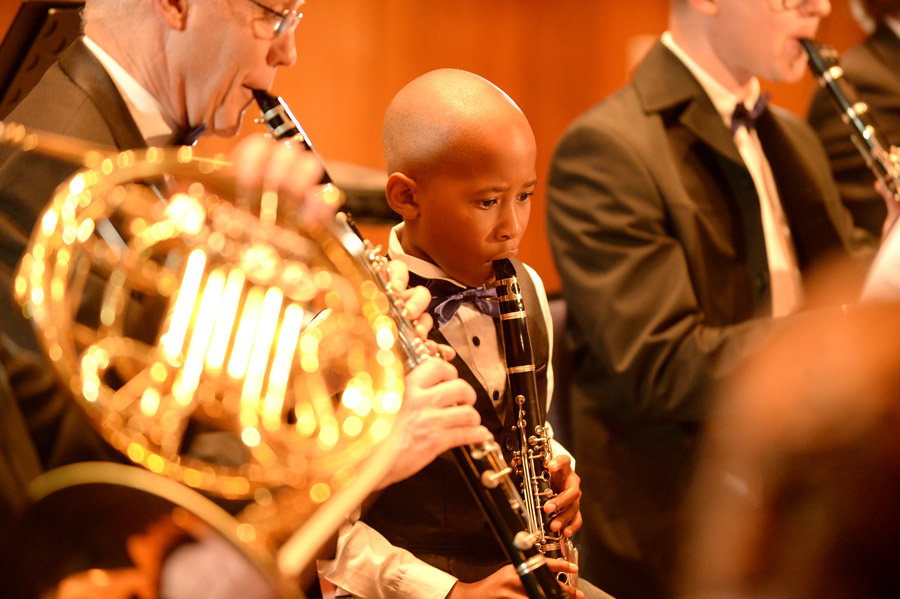JSO conducts itself in noteworthy manner
For a long time the Johannesburg Symphony Orchestra has been this city’s lesser-known orchestra, but that’s a thing of the past. They have just celebrated their 80th concert, in collaboration with the Johannesburg Philharmonic Orchestra.
We all know that Confucius was spot-on when he declared that “music produces a kind of pleasure which human nature cannot do without.” Pop icon Bono went further by saying: “Music can change the world, because it can change people.”
 The JSO was, since its inception in 1934, an amateur orchestra, led by their first conductor, Austrian-born Joseph Trauneck. Trauneck had studied composition under the legendary Arnold Schoenberg, and received tuition in conducting from Alexander Zemlinsky in Prague. He’d arrived in South Africa in 1934 after Hitler’s anti-Semitic laws had driven him out of Germany.
The JSO was, since its inception in 1934, an amateur orchestra, led by their first conductor, Austrian-born Joseph Trauneck. Trauneck had studied composition under the legendary Arnold Schoenberg, and received tuition in conducting from Alexander Zemlinsky in Prague. He’d arrived in South Africa in 1934 after Hitler’s anti-Semitic laws had driven him out of Germany.
Following the end of the Trauneck era in 1955, ten more conductors led the JSO over the decades, amongst them such legends as Jeremy Schulman, Walter Mony, Edgar Cree, Henri Arends, Ralph Kastner and Pienaar Fourie. This year, the Joburg-born-and-bred Kutlwano Masote, who, for an extensive period, had studied ’cello at the International Menuhin Academy in Switzerland, was appointed as their conductor.
A decisive change in direction had taken place in 1948 when a new and prominent tradition was added to the JSO’s activities: Biannual Concerto Festivals became the norm, with a junior festival usually earlier in the year, with the senior one at year-end.
This development was aimed at giving young instrumentalists and – from time to time, also singers – the opportunity to perform with an orchestra. It extended their musical skills and gave them a greater prominence in the public eye.
A high percentage of these soloists became professional musicians and/or music teachers who fed the world’s classical industry with dozens of first-rate performers – some of whom, unfortunately, emigrated.
Amongst the most celebrated names that participated numerous times with the JPO, there is Anton Nel, Philip Levy, Ivan Melman, Jack de Wet, Michael Haller, Malcolm Nay, Zanta Hofmeyr, Anzél Gerber, and dozens of others who became, or still are, musicians in South Africa’s professional orchestras.
The format is a concerto festival, but with a slight difference. The JSO invited the Wits Trio (Hofmeyr, Nay and their ’cellist Maciej Lacny) to perform the first movement from Beethoven’s Concerto for Violin, ’Cello and Piano. Their spirited rendition was proof that the JSO is the breeding ground of champions.
Kutlwano Masote, who had the advantage that half of his orchestra was strengthened by professional JPO musicians, nevertheless led these older soloists and the big group of younger ones with professionalism – notwithstanding the slipping in of a couple of wrong entries. But overall, we can look forward to much excitement, with Masote at the helm.
There’s also hope that the JSO’s financial woes might be something of the past. They’re sponsored by GTC, the financial services group, as their main partner, and have wrought a solid business plan to stimulate the growth of the orchestra. Of course, any additional support would help the JSO reach beyond their everyday schedule of events.






